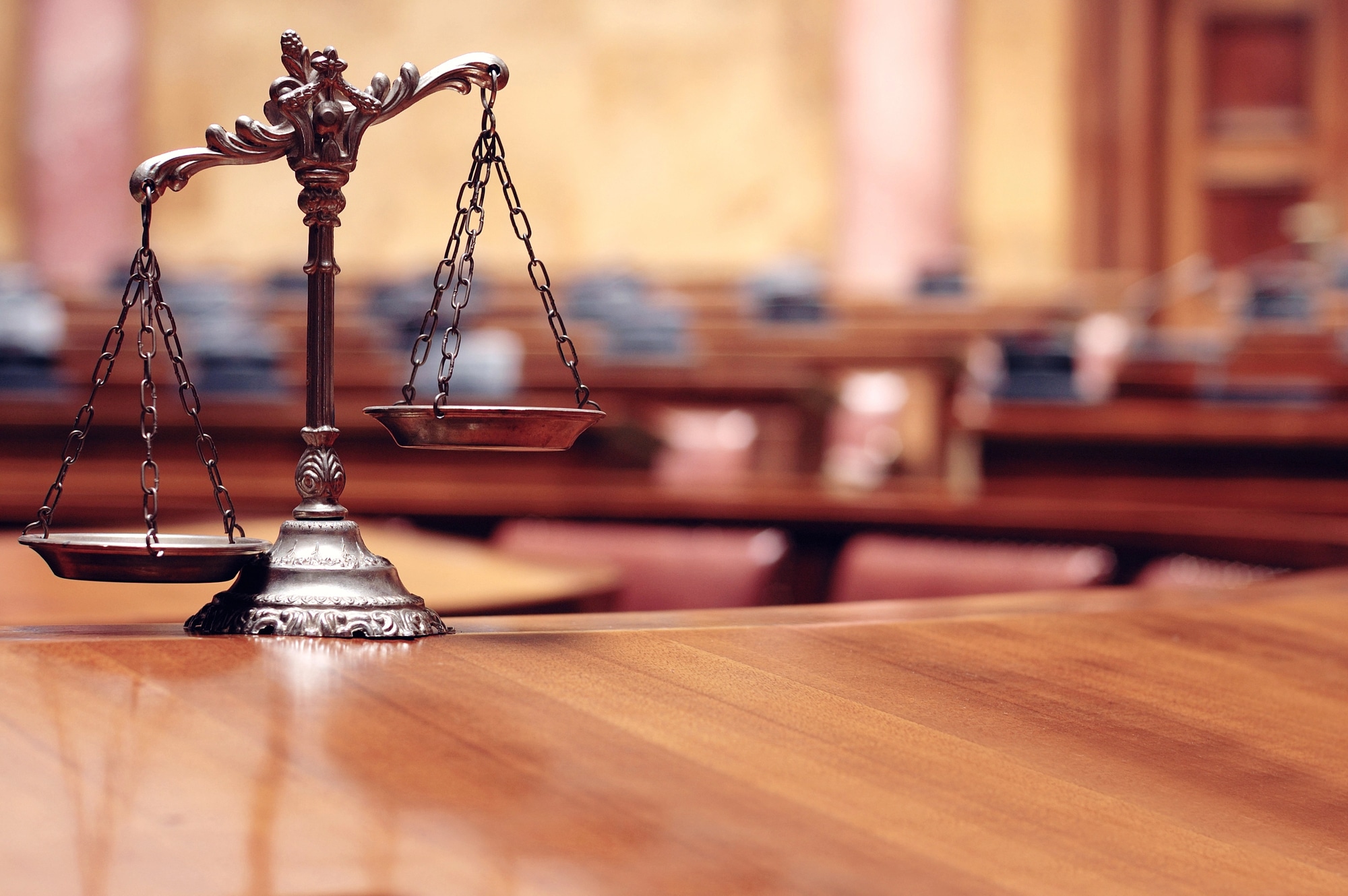Salt Lake City Drug Crime Attorney
If you are facing drug charges, the matter is too serious – and the consequences of a conviction too important – not to consider consulting with an experienced Salt Lake City drug crime attorney today.
Utah’s drug crimes and their punishments and penalties are both exacting and harsh. There has been, however, some shift away from punishment and towards treatment and education for drug abuse.
If you are facing drug charges, you may feel overwhelmed and unsure about how best to proceed. The experienced drug crime attorneys at Conyers & Nix are committed to skillfully harnessing the full force of their experience in protection of your rights and in pursuit of your case’s most beneficial resolution.
What is Utah’s Controlled Substance Act?
The penalties associated with specific drug crimes in the State of Utah are determined by the level of the crime, determined by the Utah Controlled Substance Act. This act classifies specific drugs into specific schedules that range from Schedule I to Schedule V (with Schedule I drugs representing the most serious offenses). Examples of each schedule include:
- Schedule V drugs include small amounts of codeine and drugs containing low doses of opium;
- Schedule IV drugs include larger amounts and strengths of drugs like codeine and opium;
- Schedule III drugs include steroids;
- Schedule II drugs include street drugs like cocaine and meth and a wide variety of prescription medications;
- Schedule I drugs include the most serious street drugs, such as ecstasy and heroin, and the highly addictive prescription medication Oxycontin. Marijuana is also classified as a Schedule I drug (in accordance with the federal government’s drug classification schedules), but marijuana charges are treated differently than other Schedule I drug charges are.
Utah Drug Charges
The drug charge against you and the sentencing consequences will depend upon a multitude of factors:
- Your criminal history;
- Your history of drug use;
- The amount of drugs found in your possession;
- Whether you were with others while in possession of drugs;
- Whether you were driving a vehicle while in possession of drugs;
- Whether you possessed a firearm while you possessed drugs;
- Results of a substance abuse evaluation; and
- Whether you received substance abuse treatment.
Simple Possession
Drug possession of Schedule I and II drugs for personal use (simple possession) is a Class A misdemeanor for the first two convictions. Conviction of a Class A misdemeanor carries up to 12 months in jail and fines of up to $2,500.
Marijuana Possession
Marijuana possession charges vary depending upon the amount involved and range from Class B misdemeanor charges for possession of less than 100 pounds of marijuana for the first two convictions to second-degree felony charges for possession of more than 100 pounds.
Felony Charges
A third offense of Schedule I and II drug possession is classified as a third-degree felony. Further drug distribution and drug trafficking – and other charges involving production, sales, and organized crime activity – are serious felonies.
Sentencing Maximums and Penalties
The following general sentencing maximums apply:
- Class B Misdemeanor – Up to 6 months in jail and up to $1,000 in fines
- Class A Misdemeanor – Up to 1 year in jail and up to $2,500 in fines
- Third-Degree Felony – Up to 5 years in prison and up to $5,000 in fines
- Second-Degree Felony – From 1 to 15 years in prison and up to $10,000 in fines
- First-Degree Felony – From 5 years to life in prison and up to $10,000 in fines
Collateral Damage
In addition to the sentencing requirements associated with a drug conviction, there are also collateral damages to consider.
How Does a Drug Crime Impact Driving Privileges in Utah?
A conviction for any crime listed in the Utah Controlled Substance Act can result in the suspension of your Utah driver’s license (or the suspension of your driving privileges if you have an out-of-state license). Such a loss can have serious and lasting effects that can include job loss.
What Are Social Consequences of a Drug Crime?
If you are convicted of a drug crime, the public may have access to that information. Public access can potentially affect your ability to do the following:
- Rent an apartment or home;
- Obtain a loan to purchase a home;
- Further your education by obtaining a student loan (a conviction can also affect your ability to gain acceptance in the college of your choice and your ability to live on campus);
- Change jobs or find new employment; and/or
- Maintain your professional licensure.
What is the Justice Reinvestment Initiative?
While many people who are convicted of drug charges spend time in jail and face steep fines, the Justice Reinvestment Initiative that came into effect in 2015 encourages treatment for drug abuse and drug dependency over-incarceration.
This initiative encourages judges to consider sentencing options that encourage recovery rather than simply punish the accused with jail sentences. As such, Utah judges can issue more helpful sentences. With an experienced drug crime attorney in your corner, you will be far better positioned to achieve such an outcome.
Consult with a Dedicated Salt Lake City Drug Crime Attorney Today
If you have been charged with a drug crime, it is important to seek the legal guidance you need from the outset. The wide-ranging negative effects of a conviction, including harsh sentences and prohibitive social consequences, are far too serious to ignore.
The experienced Utah drug crime attorneys at Conyers & Nix understand the difficulties you face and are committed to engaging their considerable experience in defense of your legal rights and in aggressive pursuit of your case’s resolution.
Our shared background as public defenders leave us with the drive, legal insight, and compassion to help you, so please do not hesitate to reach out by contacting or calling us to learn more today.





